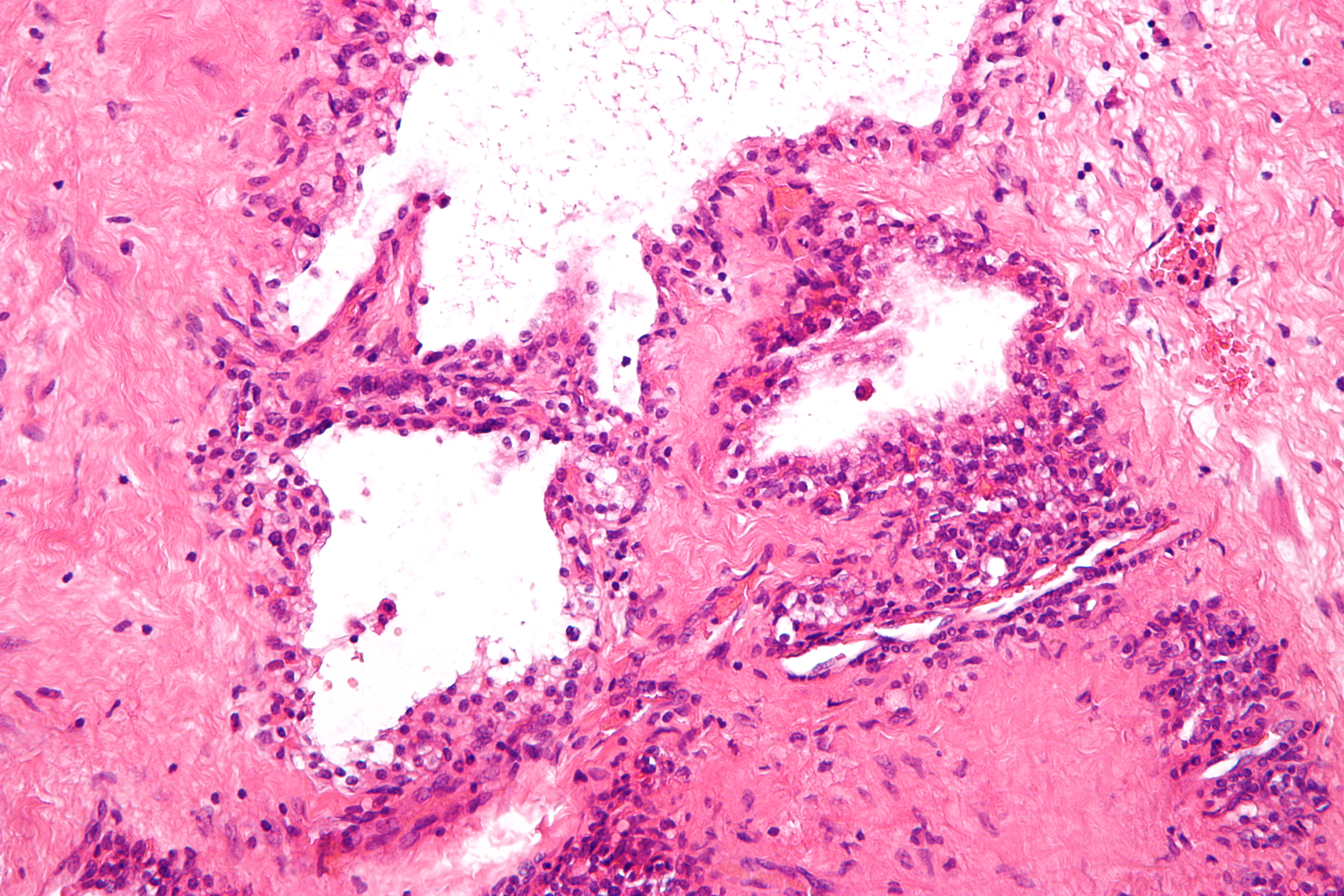System, Method, and Computer-Accessible Medium for Virtual Pancreatography
A novel process for virtual pancreatography using computer-aided diagnosis ("CAD")
Pancreatic cancer is potentially one of the most fatal cancers; it has an overall five-year survival rate of less than 9%. This is due to poor prognosis, and because it has no specific early symptoms. However, detecting precursors of pancreatic cancer offers the chance to prevent its development. The presence of pancreatic cystic lesions can indicate precursors of this cancer. Current imaging technology, like computed tomography (CT) and magnetic resonance imaging (MRI), can easily detect these cystic lesions; however, many types of pancreatic cystic lesions exist, and they can be difficult to identify. The majority of cystic lesions can be discovered using manual examination of CT scans in combination with evaluating the demographic characteristics of patients; the accuracy associated with this process is limited. Computer-aided diagnosis (CAD) can be used to assist radiologists in distinguishing different cystic lesions by improving the reliability of the evaluation process.
After receiving the first imaging information for a patient's organ(s) from an MRI or CT scan, second imaging information can be generated by performing a segmentation operation on the first information. This serves to identify a multitude of tissue types, particularly those indicative of a cyst. Then the cyst would be identified in the second imaging information, and a first and second classifier would be applied in order to sort it into possibly multiple cystic lesion types.
 Please note, header image is purely illustrative. Source: Nephron, Wikimedia Commons, CC-BY-SA-3.0
Please note, header image is purely illustrative. Source: Nephron, Wikimedia Commons, CC-BY-SA-3.0
- Improved reliability and objectivity of differentiation of various cystic lesions found in CT scans - Will assist knowledgeable radiologists - There are currently no CAD procedures for classifying pancreatic cystic lesion type
- Virtual pancreatography - Medical imaging
US Patent Issued: US11,348,228; Patent Application Published: WO 2022/051344
WO 2019/005722
Available for licensing.
Development partner,Commercial partner,Licensing
Patent Information:
| App Type |
Country |
Serial No. |
Patent No. |
Patent Status |
File Date |
Issued Date |
Expire Date |
|